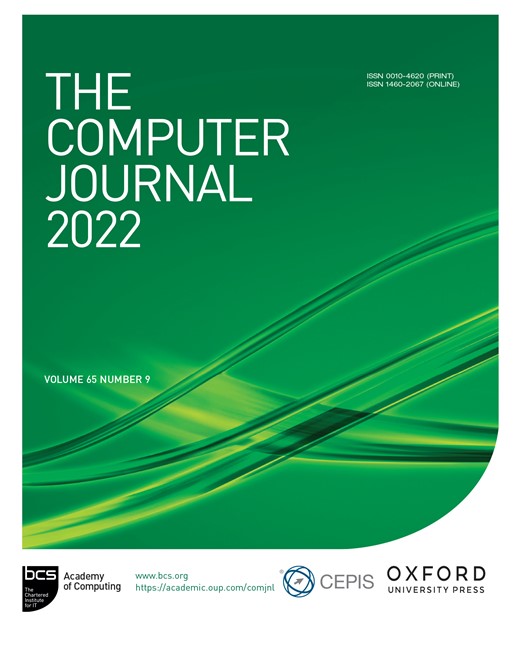-
Views
-
Cite
Cite
Binlei Cai, Qin Guo, Junfeng Yu, LraSched: Admitting More Long-Running Applications via Auto-Estimating Container Size and Affinity, The Computer Journal, Volume 65, Issue 9, September 2022, Pages 2377–2391, https://doi.org/10.1093/comjnl/bxab072
Close - Share Icon Share
Abstract
Many long-running applications (LRAs) are increasingly using containerization in shared production clusters. To achieve high resource efficiency and LRA performance, one of the key decisions made by existing cluster schedulers is the placement of LRA containers within a cluster. However, they fail to account for estimating the size and affinity of LRA containers before executing placement. We present LraSched, a cluster scheduler that places LRA containers onto machines based on their sizes and affinities while providing consistently high performance. LraSched introduces an automated method that leverages historical data and collects new information to estimate container size and affinity for an LRA. Specifically, it uses an online machine learning method to map a new incoming LRA to previous workloads from which we can transfer experience and recommends the amount of resources (size) and the degree of collocation (affinity) for the containers of the new incoming LRA. By means of recommendations, LraSched adapts the heuristic for vector bin packing to LRA scheduling and places LRA containers in a manner that both maximizes the number of LRAs deployed and minimizes the resource fragmentation, but without affecting LRA performance. Testbed and simulation experiments show that LraSched can improve the resource utilization by up to 6.2% while meeting performance constraints for LRAs.




